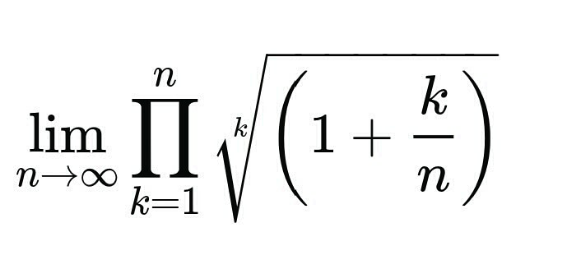
Relation and FunctionsQuestion and Answers: Page 10
Question Number 144701 Answers: 2 Comments: 0
Question Number 144700 Answers: 1 Comments: 0
Question Number 144699 Answers: 3 Comments: 0
Question Number 144500 Answers: 2 Comments: 0
Question Number 144499 Answers: 1 Comments: 0
Question Number 144464 Answers: 1 Comments: 0
Question Number 144241 Answers: 2 Comments: 0
Question Number 144222 Answers: 0 Comments: 0
Question Number 144221 Answers: 0 Comments: 0
Question Number 144220 Answers: 1 Comments: 0
Question Number 144219 Answers: 1 Comments: 0
Question Number 144218 Answers: 1 Comments: 0
Question Number 144217 Answers: 0 Comments: 0
Question Number 144216 Answers: 1 Comments: 0
Question Number 144215 Answers: 0 Comments: 0
Question Number 144214 Answers: 1 Comments: 0
Question Number 144213 Answers: 1 Comments: 0
$${find}\:\int\:\:\frac{{dx}}{\mathrm{1}+{cosx}+{cos}\left(\mathrm{2}{x}\right)} \\ $$
Question Number 144212 Answers: 0 Comments: 0
Question Number 144211 Answers: 0 Comments: 0
$${find}\:\sum_{{n}=\mathrm{0}} ^{\infty} \:\frac{\mathrm{1}}{{n}^{\mathrm{4}} +\mathrm{1}} \\ $$
Question Number 144180 Answers: 2 Comments: 0
Question Number 144109 Answers: 3 Comments: 1
Question Number 144001 Answers: 2 Comments: 0

Question Number 143987 Answers: 1 Comments: 0
Question Number 143860 Answers: 1 Comments: 0
Question Number 143846 Answers: 1 Comments: 0
Question Number 143730 Answers: 2 Comments: 0
